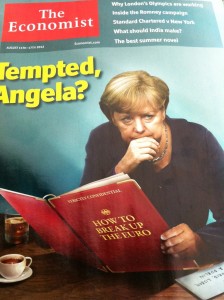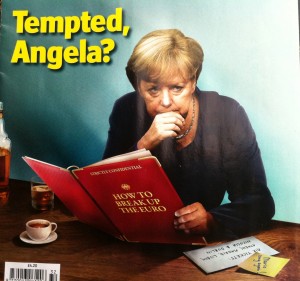Horse sense from Jean-Louis Gassée
Following last week’s verdict against Samsung, the kommentariat have raised the specter of an egregious new Apple Tax, one that Apple will levy on other smartphone makers who will have no choice but to pass the burden on to you. The idea is this: Samsung’s loss means it will now have to compete against Apple with its dominant hand — a lower price tag — tied behind its back. This will allow Apple to exact higher prices for its iPhones (and iPads) and thus inflict even more pain and suffering on consumers.
There seems to be a moral aspect, here, as if Apple should be held to a higher standard. Last year, Apple and Nokia settled an IP “misunderstanding” that also resulted in a “Tax”…but it was Nokia that played the T-Man role: Apple paid Nokia more than $600M plus an estimated $11.50 per iPhone sold. Where were the handwringers who now accuse Apple of abusing the patent system when the Nokia settlement took place? Where was the outrage against the “evil”, if hapless, Finnish company? (Amusingly, observers speculate that Nokia has made more money from these IP arrangements than from selling its own Lumia smartphones.)







